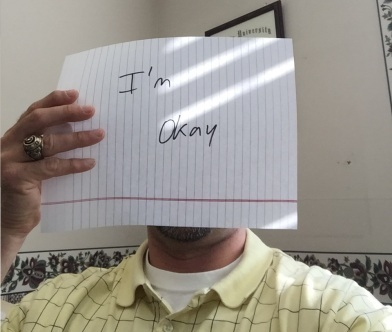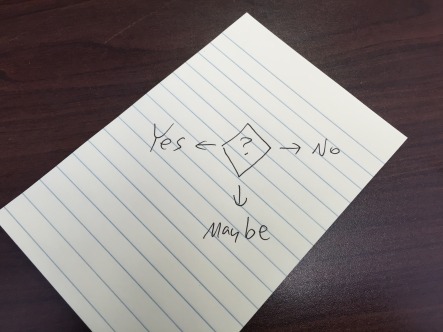In our society, printed pieces of paper and small pieces of metal represent something important to us. They are representative of our hard work. The majority of us value work ethic. Even our greetings hint at this. I bet I have heard this phrase thousands of times in my life when greeted by someone: “Hey, you working hard, or hardly working?!” Perhaps this is a phrase restricted to the South, or maybe just to Sampson County, NC. However, I am sure other regions have their own versions of sayings like that.
We not only value hard work, we value ourselves by how hard we work.
It is good to value hard work. Money is an important part of society that is an inescapable part of that process. We need to provide for ourselves and our families, and that requires hard work. When we do not value hard work, we eventually find ourselves in the pit of despair. We were not created to be idle, and we are never satisfied when we are. However, the real problem occurs when we find our own value in our work. Once we have slipped into that mentality, we can never work hard enough to feel good enough about ourselves. There’s always something left undone or done incorrectly. This is not restricted to our paying jobs. It may also apply, for some of us, to the work we do at home or even at church. When our value is dependent upon our performance, those things become a source of anxiety, depression, and severe frustration.
There are many different kinds of money.
In 1 Timothy 6:10 (ESV), Paul states the following popular words to Timothy:
For the love of money is a root of all kinds of evils. It is through this craving that some have wandered away from the faith and pierced themselves with many pangs.
This passage, and the surrounding Scripture in that chapter of Timothy, definitely points to issues we must watch out for regarding the pursuit of wealth. The love of money indicates a desire to earn something. Paul explicitly states this is the root of all kinds of evil. Literal money is not the only thing we pursue and try to earn. In some situations, the currency we love and pursue is acceptance from others. Other times, it is recognition in front of others for our work. Sometimes, it is seemingly good things like volunteering at church in an effort to “do the right thing” or “make God happy”.
Some things were never meant to be earned.
In Romans 4:4-5 (ESV), Paul says the following:
Now to the one who works, his wages are not counted as a gift but as his due. And to the one who does not work but believes in him who justifies the ungodly, his faith is counted as righteousness…
Paul is stressing to the readers of this letter that a relationship with God is not earned. It is a free gift from God. The way to receive this gift is to accept it by faith. In other words, trust Him. However, there is something that can get in our way of receiving and experiencing Him: the love of money, or as Paul puts it here…trying to earn our way into and through our relationship with Him. When we try to earn what was meant to be a gift, we fail to accept it as a gift. We treat it like money to be earned. That goes for any gifts of the relationship He has with us. When we attempt to earn His love, acceptance, and all the other gifts He freely offers, we fail to receive His Grace. Christ was the perfect image of God and His Grace. Living in His Grace is the only way to experience the freedom and joy promised through Christ.
An undeserved gift raises our personal value more than anything we could earn.
Think about how you feel when you earn a dollar versus how you feel when someone surprises you with a gift. When we accept His love as a gift, our value is dependent on Him instead of what we think we deserve. If anyone tells you faith is easy, do not believe them. This is a perfect example. It is very difficult for us to surrender our desire to earn something. It seems to be an inborn trait. However, the reward for letting go of this, even in small ways at first, is overwhelming and better than anything we could ever earn.
See what kind of love the Father has given to us, that we should be called children of God; and so we are. (1 John 3-4, ESV)











